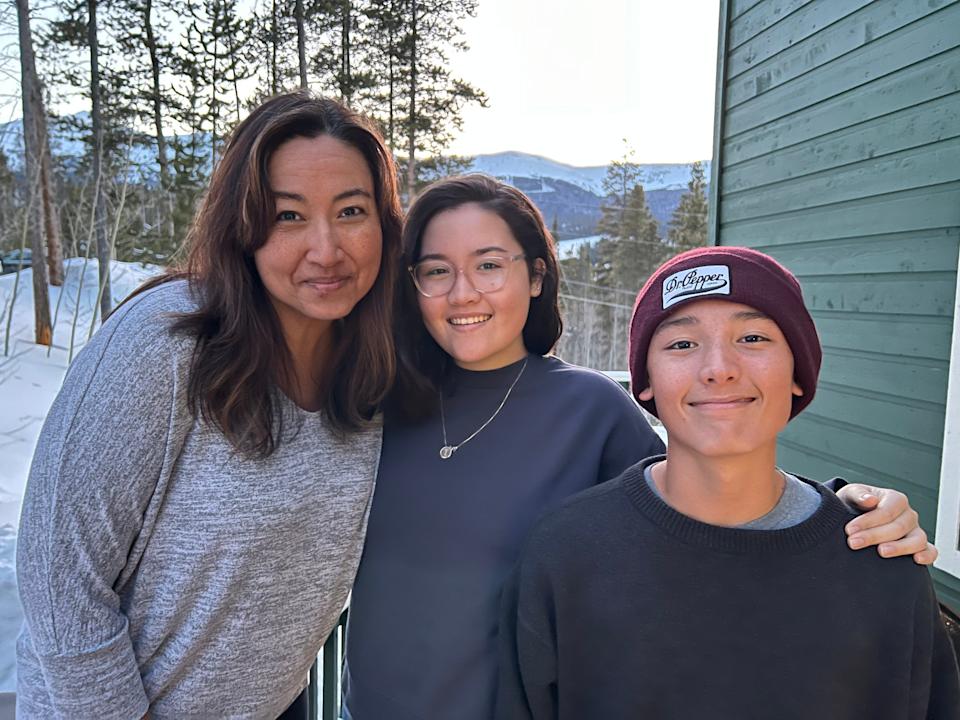Don't overlook maternal mental health | Opinion
May is Mental Health Awareness Month (and also Maternal Mental Health Awareness Month) and it’s a good time to focus attention on assisting new mothers – and their families – on postpartum depression.
Postpartum depression (or PPD), anxiety and psychosis affect 15 percent (one in seven) new mothers and is caused by a dramatic and sudden shift in hormones following birth. Symptoms often appear between two weeks and 12 months post-birth and may include difficulty bonding with baby; persistent crying and isolation; rage, panic and hopelessness; loss of interest in pleasurable activities; avoiding social connections and fear of being alone due to intrusive thoughts of harming oneself or the baby.
PPD is vastly different from the “baby blues,” which can occur within a few days after childbirth and affects about 80 percent of new mothers. While symptoms of the baby blues can include mild sadness, fatigue, crying spells and mood swings that typically resolve within 10-14 days, symptoms of postpartum depression are far more severe and can last up to a year or more following birth.
If you apply the 15 percent national statistic in Brevard, that means about 650 local mothers experienced the debilitating effects of PPD last year in our county.
In the past, celebrities such as Brooke Shields, Marie Osmond, Chrissy Teigen and Hayden Panettiere have been outspoken about their own struggles with postpartum depression. Early this year, a PPD story made national headlines when Lindsay Clancy, 32 of Duxbury, Massachusetts, strangled and killed her three children during a postpartum psychosis episode. Her husband left home for only 20 minutes to run an errand at CVS and returned to find his three children dead and wife suffering in their front yard from a second story jump attempt following the murders.
Typical postpartum visits with an OB/GYN are done at one-day, two weeks and several weeks post-birth, but often these doctors are focused primarily on the physical recovery of new moms, leaving the mental health component to therapists and psychiatrists. The problem is, many mothers going through postpartum depression don’t speak up and ask for help because there is an element of shame associated with not portraying the “perfect mom” persona after birth. So, these moms continue to suffer in silence, while the disorder takes over their homes and their lives.
More: Be intrusive. Be a haunt. Do anything to stop suicide | Opinion
More: More than just baby blues: Support group reaches out to moms with postpartum depression
Eighteen years ago, when I had my first child, I suffered from postpartum depression. I didn't want to leave my house, I cried constantly, I hid under my covers and it paralyzed me to hear my baby cry from across the house. I wanted to die. I didn't know what postpartum depression was back then and my OB/GYN didn't say a word even though I broke down at my follow-up appointments. My condition was the catalyst for my eventual divorce and break up of my family.
As the years went on, I met more and more women that had gone through the same thing. I made a promise to myself that I would do something about it - take the veil off this shame-ridden topic and help other moms. Three years ago, I finally had the opportunity to start this organization and to date we've had the opportunity to help over 100 local moms get the help they so desperately needed.

We are partnering with area therapists, nurse practitioners and other mental health professionals to provide the critical support and medications necessary to effectively treat postpartum depression. The organization connects these professionals with suffering local moms and provides financial sponsorships for care as needed. The network is also working with local OB/GYN offices to incorporate focused PPD screening tools at regular postpartum office visits. A priority is to have more physicians referring suffering moms to organizations like the Postpartum Support Network, so they can get the care they need immediately.
Our goal is to create a proven local model for PPD support that can eventually be easily replicated in any community across the county.
Most of all, any woman suffering with PPD needs to know she isn’t alone.
If you or someone you know is suffering from postpartum depression, please contact the Postpartum Support Network at info@postpartumsupportnetwork.org or visit www.postpartumsupportnetwork.org.
Tina Lange, founder of Postpartum Support Network in Brevard County, is a longtime Florida resident and proud mother to her 18-year old daughter Samantha and 15-year old son Alex.
This article originally appeared on Florida Today: Don't overlook maternal mental health

 money
money 